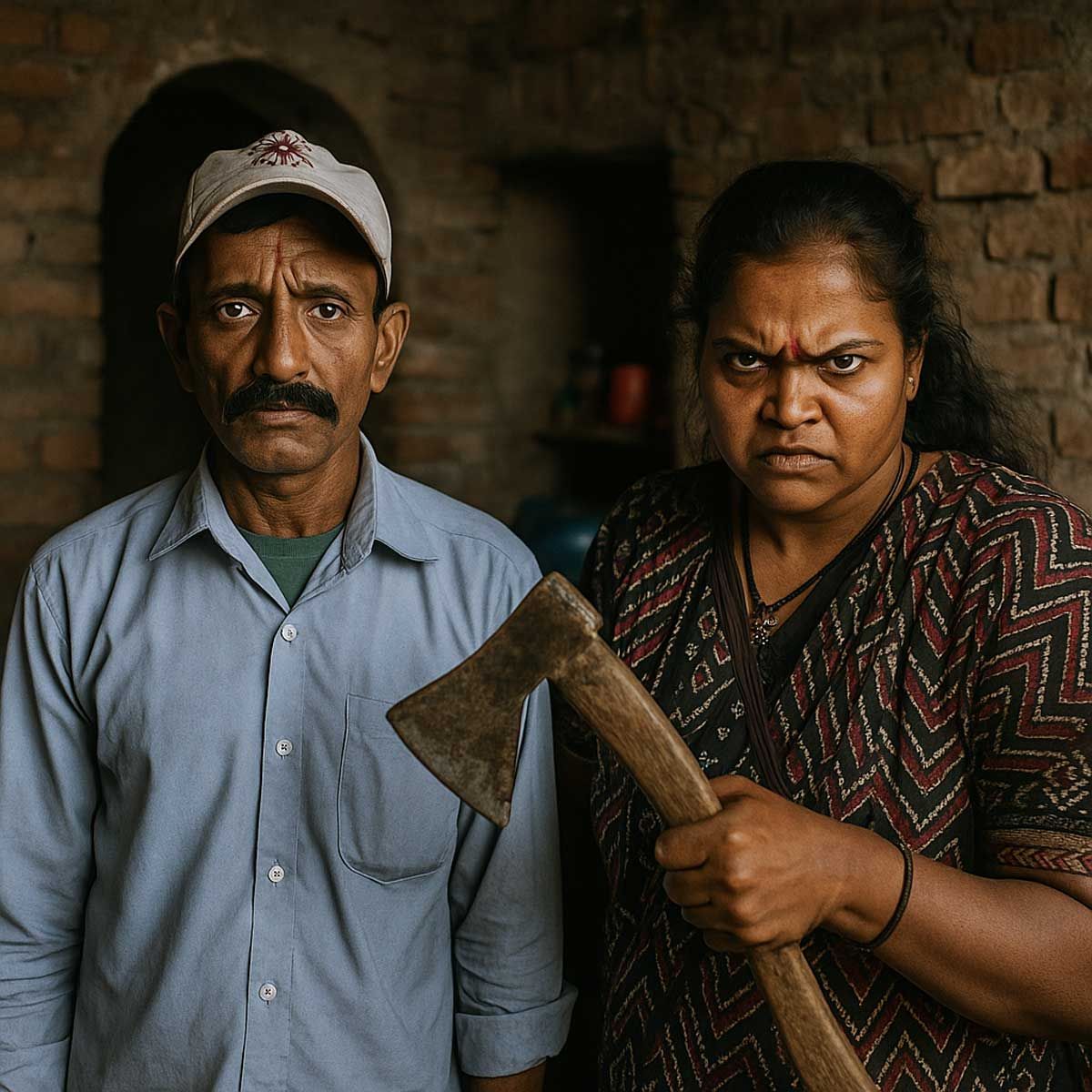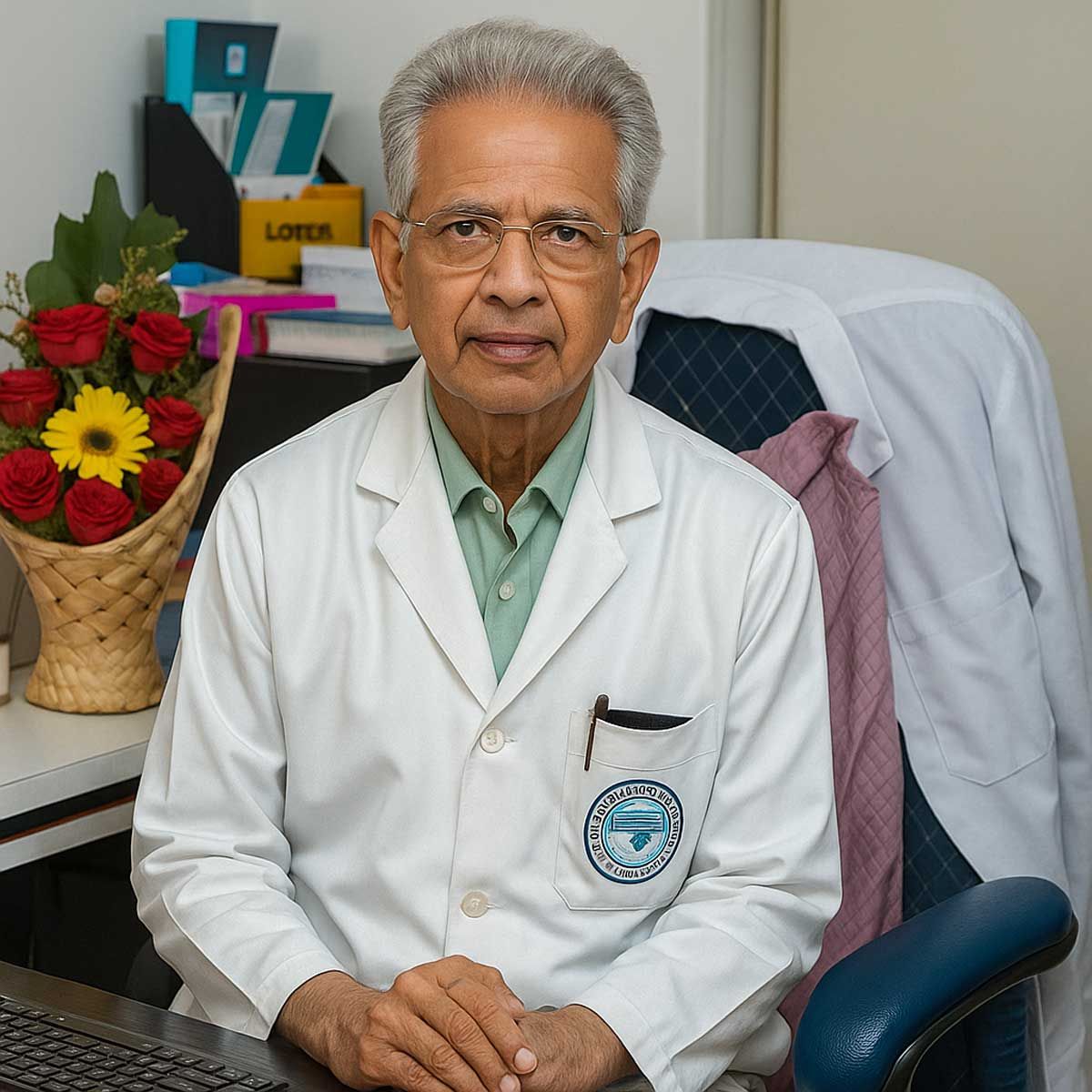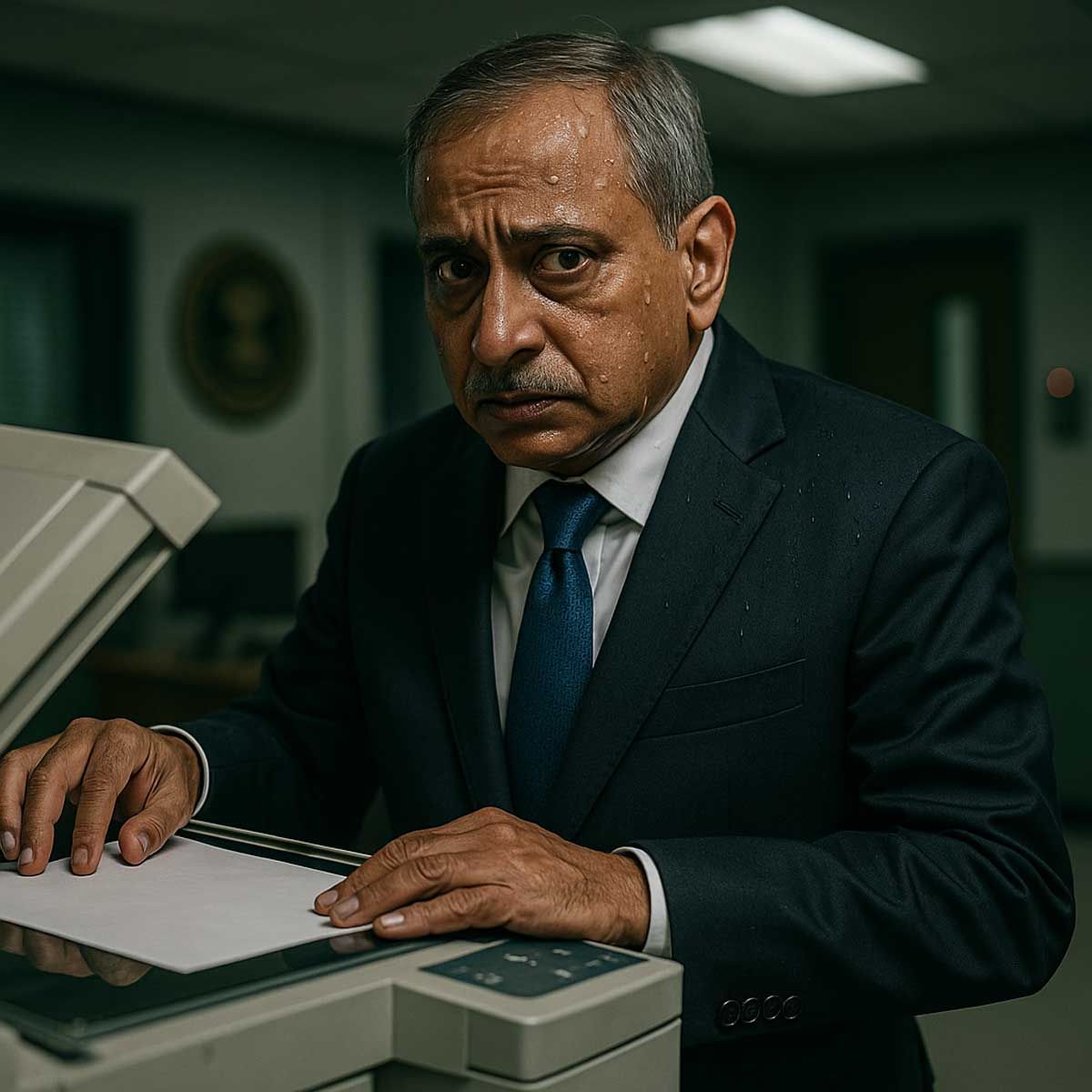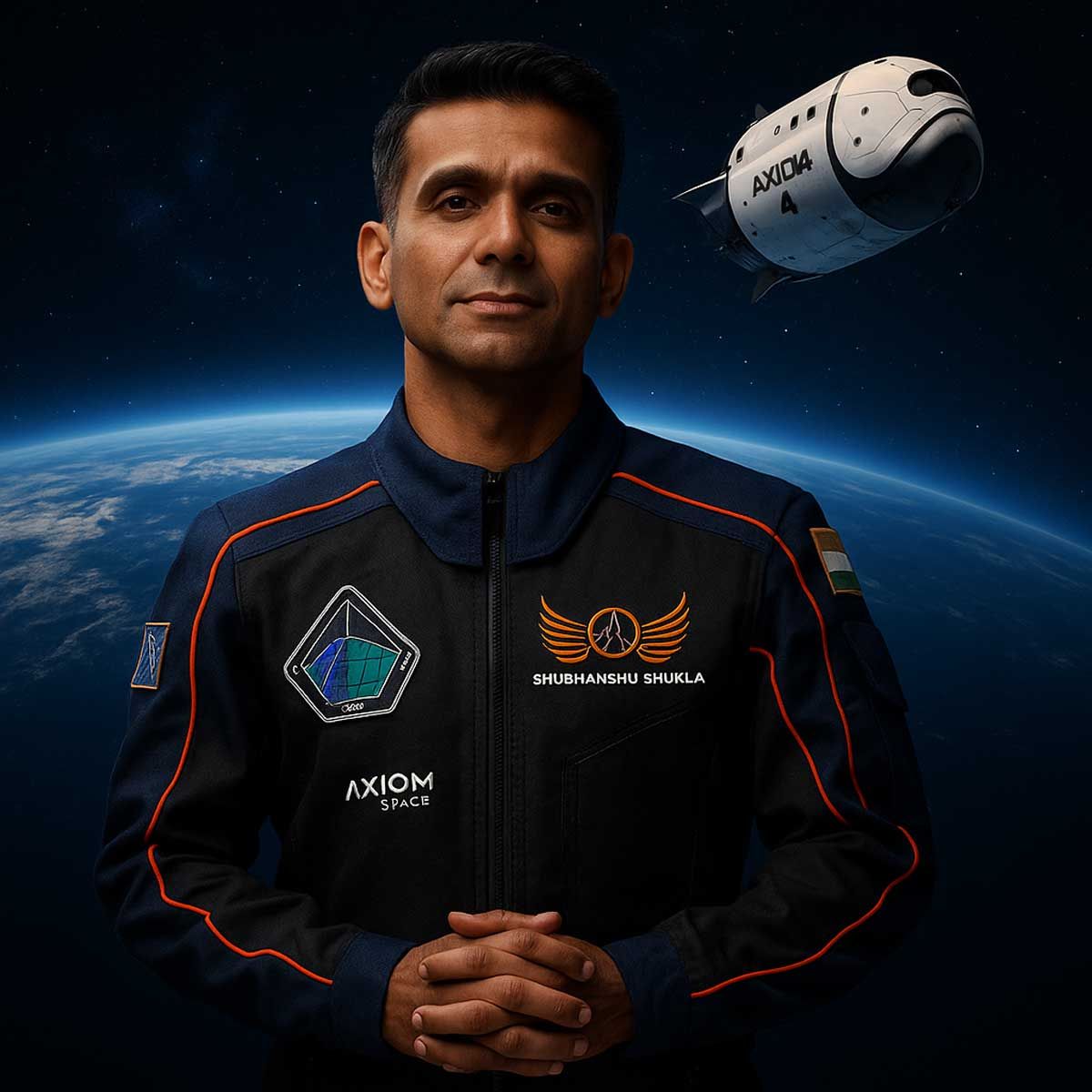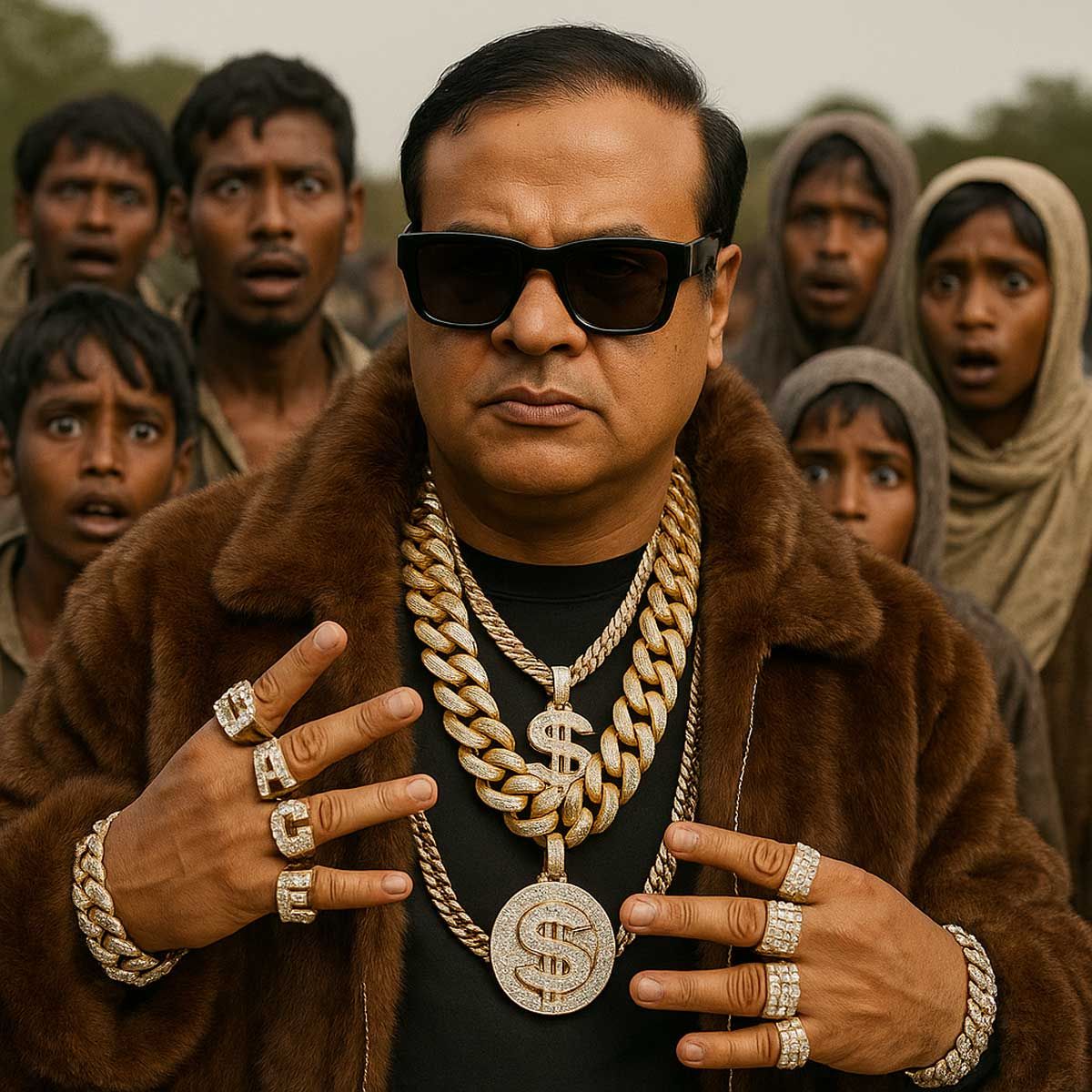More Coverage
Twitter Coverage
Satyaagrah
Written on
Satyaagrah
Written on
Satyaagrah
Written on
Satyaagrah
Written on
Satyaagrah
Written on
JOIN SATYAAGRAH SOCIAL MEDIA
"Interference unsettles peace; steadfast resilience is our response": Insurgent groups in northeast India receiving Chinese aids, regional discord jeopardizing national security, says Ex-Army chief MM Naravane, discusses drug trafficking in Manipur
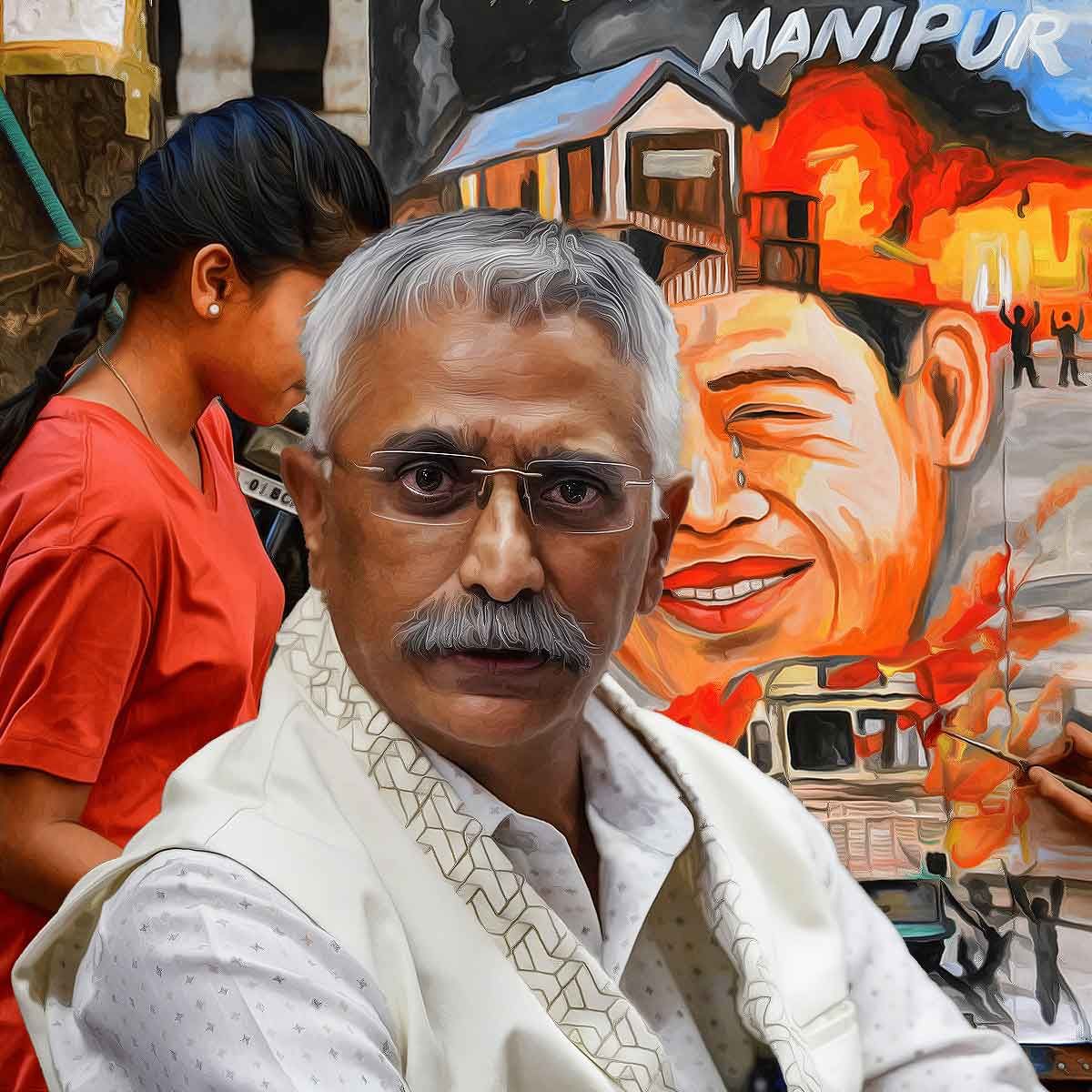
Former Chief of the Indian Army, General MM Naravane, in his recent interaction with media, shared his insights into the violence ongoing in Manipur. On July 28, he revealed his concern over the involvement of foreign bodies, especially China's aid to insurgent groups active in the region.
|
General Naravane, during his tenure as Army Chief, has always kept a close eye on the dynamics of India's North-East regions. He emphasized that foreign elements are very much active in the northeastern region, particularly China, offering support to the various insurgent groups. This has been a continuing practice over the years, and he doesn't foresee any immediate cessation.
He commented on these issues on the backdrop of an event at the India International Centre, where he had been invited to shed light on the 'National Security Perspective.' As the discussions veered towards the disturbances in Manipur, General Naravane didn't shy away from expressing his concerns.
He voiced that the instability in our border states is detrimental to the country's overall national security. The ongoing discord and unrest in Manipur not only harm the state but pose a significant threat to the entire nation's peace and security.
With much trust in the country's leadership, the former Army Chief is confident about the authorities taking apt measures to mitigate the situation in Manipur. He urged the general public to have faith in those responsible for maintaining peace and order. "Those in the chair, entrusted with the responsibility of taking appropriate actions, are undoubtedly doing their utmost. We must refrain from second-guessing their decisions and actions. The person on the ground, dealing with the situation, knows best what actions need to be undertaken," he conveyed.
|
He stressed again on the point that foreign involvement is evident in the northeastern state's turmoil. The Chinese aid has been reaching various insurgent groups involved in the violence, according to Naravane. This aid has been a constant over the years, and he strongly believes it will persist.
During this dialogue, General Naravane also discussed the role of drug trafficking in Manipur's ongoing conflict. He admitted that this problem has been a long-standing one, and the number of drug recoveries has been escalating over the years.
Explaining the geographical relevance, he pointed out that India is in close proximity to the 'Golden Triangle,' a region that includes Thailand, Myanmar, Vietnam, and Laos. Myanmar, with its perennial political instability and military control, particularly adds to the challenge. Naravane remarked, "In the best of times, the Myanmar government had control only over central Myanmar, not the outlying bordering states, whether with India, China, or Thailand. Therefore, drug trafficking has always been a problem."
Furthermore, the retired general highlighted that certain agencies or individuals could be benefiting from the violence in Manipur. These beneficiaries might not want the situation to normalize because they stand to gain from the instability. This could be one of the potential reasons for the continuance of violence in Manipur, despite all efforts put forth by the state and central governments to curb it.
|
General Naravane was also quizzed about various other subjects, including the army recruitment scheme 'Agnipath,' structural changes in the Indian defence sector, and the incidents related to the India-China skirmishes at Galwan valley.
With regard to 'Agnipath,' Naravane stated that time would be the best judge to determine its success or failure. As he noted, "Agnipath was launched after much deliberation. Some argue that it was due to financial reasons, which might impact it, but the fact remains that we need a young army."
When asked about the Galwan valley skirmishes that occurred in May 2020, he admitted his difficulty in understanding the root causes behind such violent conflicts between Indian and Chinese troops. The retired general found it perplexing that during the global crisis of Covid, China chose to engage in such a misadventure.
The violence in Manipur is attributed to ethnic conflict between the Meitei and Kuki communities, which has already caused over 100 deaths and the displacement of thousands. The conflict ignited following a "Tribal Solidarity March" organised by the All Tribal Students Union of Manipur (ATSUM). The march was in response to the Meitei community's demand for Scheduled Tribe (ST) status, which led to increased tensions following a Manipur High Court decision ordering the state administration to settle the Scheduled Tribe status issue.
|
India doesn't have extra-territorial ambitions: Former Army chief MM Naravane
General MM Naravane, in a discourse, emphasized the responsibility that every citizen of India bears towards ensuring national security. The session named 'National Security Perspectives' held at the India International Centre in the national capital, New Delhi, on July 28, served as the platform for these discussions. Throughout his address, the former Army Chief distinctly elucidated the internal and external aspects of the nation's security and put forth that India harbors no "extra-territorial ambitions."
General Naravane's address focused on the concept of national security, stating, "When we talk about national security, our attention must primarily be directed towards internal security. Although external security holds an equally significant position, the responsibility of safeguarding the country lies with each of its citizens. Every citizen has a role to play. The idea of national security extends beyond merely external safety; it has numerous dimensions."
In addition to national security, General Naravane underlined the critical importance of food security, energy security, and health security. He rightly pointed out that without a healthy population, the armed forces would face a severe scarcity of manpower. Therefore, he insisted that national security must be viewed and understood within a broader context, considering these crucial aspects.
General Naravane shed light on the fact that India, as of now, does not have a fully established National Security Strategy. He, however, mentioned that some progress has been made in this direction over the years. "Our ongoing activities serve as a mirror reflecting our viewpoint on national security," he remarked.
Further emphasizing India's foreign policy, General Naravane explained that it is fundamentally built on two sturdy pillars. The first principle is that India does not aspire to expand its territories beyond its borders. The second guiding principle is the country's unwillingness to force its lifestyle or will on any other nation. It's not a case of 'my way or the highway,' and these two key factors serve as the guiding light for India's approach towards national security.
In response to a query raised during the session, General Naravane extended his discourse to discuss the challenges faced by India in securing its northern borders. This region has been a hotbed of tension due to the extended standoff with China. He stressed, "The regional and global environments undoubtedly influence our overall security. Instability in any of our neighboring countries has a direct bearing on our security."
General Naravane further noted that heightened instability along our borders can potentially lead to an escalation in transnational crimes. Crimes such as smuggling, drug trafficking, and others could proliferate, creating a daunting challenge for India. Therefore, he emphasized that securing the borders is a priority not only for the military but also for the larger interest of the country, reinforcing his earlier point that every citizen holds a responsibility towards national security.
 Support Us
Support Us
Satyagraha was born from the heart of our land, with an undying aim to unveil the true essence of Bharat. It seeks to illuminate the hidden tales of our valiant freedom fighters and the rich chronicles that haven't yet sung their complete melody in the mainstream.
While platforms like NDTV and 'The Wire' effortlessly garner funds under the banner of safeguarding democracy, we at Satyagraha walk a different path. Our strength and resonance come from you. In this journey to weave a stronger Bharat, every little contribution amplifies our voice. Let's come together, contribute as you can, and champion the true spirit of our nation.
 |  |  |
| ICICI Bank of Satyaagrah | Razorpay Bank of Satyaagrah | PayPal Bank of Satyaagrah - For International Payments |
If all above doesn't work, then try the LINK below:
Please share the article on other platforms
DISCLAIMER: The author is solely responsible for the views expressed in this article. The author carries the responsibility for citing and/or licensing of images utilized within the text. The website also frequently uses non-commercial images for representational purposes only in line with the article. We are not responsible for the authenticity of such images. If some images have a copyright issue, we request the person/entity to contact us at This email address is being protected from spambots. You need JavaScript enabled to view it. and we will take the necessary actions to resolve the issue.
Related Articles
- "In politics, alliances are as fickle as the wind": Kuki People's Alliance hits Biren Singh government with a political earthquake, yanking support amidst escalating ethnic strife, this could be a game changer for Manipur's already heated political arena
- Giving out a clear message to China, Northern Army Commander Lt Gen YK Joshi says ‘Operation Snow Leopard still on, troops on alert’ amid talks between India and China regarding disengagement in Ladakh are underway
- Nehru relied on diplomacy and ignored the armed forces causing defeat in the 1962 India-China war: War-hero Air Marshal Denzil Keelor (Retd)
- "To ignore evil is to become an accomplice to it": Arrest made after horrific video of public humiliation and assault on two women in Manipur goes viral, state authorities considering max penalties, including capital punishment amidst escalating violence
- Indian Army pacing towards self-reliance under 'Atmanirbhar Bharat Abhiyaan’ campaign: Indigenisation of defence manufacturing is helping to build a new and strong India to keep neighbour aggression in check
- India’s first Chief of Defence Staff General Bipin Rawat dies in helicopter crash: All you need to know
- "You think those dogs will not be in heaven! I tell you they will be there long before any of us”: Sharp-sighted, agile, with touch of Royalty, ‘Made in India’ Mudhol Hounds joins PM Modi’s security, earlier was part of Chhatrapati Shivaji Maharaj’s army
- After deploying drones, suspected Kuki terrorists fired a long-range rocket at the ex-CM's residence near the INA Museum in Moirang, killing an elderly priest with the rocket striking just 100 meters from the museum dedicated to Netaji Subhas Chandra Bose
- In a heroic display, Garhwal Rifles soldiers valiantly repelled terrorists in Kathua by firing over 6,000 rounds, forcing the attackers to flee; meanwhile, 26 locals were detained amid a deepening investigation, as Uttarakhand mourns five brave soldiers
- Indian Air Force beats China, Japan, France and Israel to become the world’s third strongest air force in the Global Air Powers Ranking for 2022 by the World Directory of Modern Military Aircraft
- "Civil hired vehicle" carrying Army Jawans explodes, two injured and Army Jawan Praveen Singh made the supreme sacrifice: Pakistan’s proxy war successfully continues to bleed us and keep Kashmir destabilized, signs of internal sabotage?
- Operation Polo: When India annexed Hyderabad from the Nizam and Razakars, the suppression of Hindus and the role of Nehru
- "वर्दी वाला गुंडा": Odisha Police removed Ankita Pradhan's bra, kicked her in the chest, molested her, and falsely framed Indian Army Captain Gurvansh Singh in a drug case, turning their plea for justice into a horrifying ordeal of violence & humiliation
- In a devastating coward attack in J&K's Poonch, 3 brave Indian Army soldiers martyred & 3 injured, amid escalating terror in Rajouri-Poonch, their unwavering courage highlights the region's deepening conflict and the relentless fight against terrorism
- "This will remain the land of the free so long as it is the home of the brave": Indian Army to operate with a plethora of AI-aided equipment with improved operational success and a decrease in fatalities, MoD using at least 75 AI products and technologies















